Hey everyone, it's tough to start a post like this, but that's the reality of the news sometimes. Here at the Unbiased United States News blog on Amerili.com, we aim to bring you the facts as they are, even when they're heartbreaking. On August 22, 2025, a senseless act of violence unfolded on a Charlotte Area Transit System (CATS) light rail train, leaving a young woman dead and a city—and the nation—grappling with deeper questions about safety in our urban spaces. The victim was Iryna Zarutska, a 23-year-old Ukrainian refugee who had fled war-torn Ukraine just a year earlier, seeking a safer life in America. Instead, she was fatally stabbed in what authorities describe as an unprovoked attack. Today, let's unpack what happened, why it's stirring up so much concern, and how it ties into ongoing debates about urban crime and the need for smarter prison reforms.
The incident took place around 10 p.m. on the Lynx Blue Line, Charlotte's bustling light rail that connects neighborhoods and helps folks get around without a car. According to surveillance footage released by police just days ago, Iryna boarded the train at a station and took a seat near the front. She was minding her own business, scrolling on her phone, when 34-year-old Decarlos Brown Jr.—a homeless man with a prior criminal record—suddenly lunged at her with a folding knife. The video is as chilling as it sounds: multiple stabs in a matter of seconds, with Iryna fighting back desperately before collapsing. Passengers screamed and tried to intervene, but it was too late. She was rushed to a nearby hospital but succumbed to her injuries shortly after. Brown was arrested at the scene after fleeing briefly, and he's now charged with first-degree murder. Police say there was no prior interaction between the two—no argument, no provocation. It was random, brutal, and all too reminiscent of the kind of urban violence that keeps people up at night.
Charlotte-Mecklenburg Police Department (CMPD) has been quick to respond, releasing the video to help identify any additional details and assuring the public that they're treating this as a top-priority case. But the footage has gone viral, sparking outrage across social media and news outlets. President Trump weighed in on Truth Social, calling it a "horrible" tragedy and urging the U.S. to "get tough on crime" to prevent such incidents, framing it as a failure of soft-on-crime policies under Democratic leadership in cities like Charlotte. Commentators on the right have seized on it as evidence of judicial leniency, pointing to Brown's history: he's an ex-convict with multiple prior arrests for assault and drug-related offenses, released from prison just months before the stabbing. On the other side, advocates for immigrants and refugees are mourning Iryna's story—a young woman who escaped bombs in Kyiv only to meet her end on a U.S. train—while calling for better support systems for newcomers adjusting to life here.
Now, let's talk about the bigger picture, because this isn't just one isolated horror story; it's highlighting real concerns about urban crime in places like Charlotte. Despite some positive trends, these random acts of violence on public transit are fueling fears that our cities aren't as safe as they should be. According to CMPD's mid-year crime statistics for 2025, overall crime in Charlotte dropped 8% in the first half of the year, with violent crimes down a promising 25% and homicides falling 29% compared to 2024. That's good news, and local leaders credit community policing, youth programs, and economic investments for the decline. But incidents like this one cut through the stats like a knife—pun intended. Charlotte's crime rate, while improving, still puts it on par with other major U.S. cities, and areas around transit hubs like Uptown can feel especially vulnerable at night. Post-COVID, we've seen reports of rising "rudeness and violence" in public spaces, with experts linking it to increased stress, mental health struggles, and a breakdown in social norms after years of isolation. Riders on Charlotte's light rail are now demanding more—enhanced security cameras, more patrols, maybe even metal detectors at stations. It's a fair ask; no one should have to worry about boarding a train to work or home feeling like they're rolling the dice on their safety.
And here's where prison reform enters the conversation, because Brown's background as a repeat offender and homeless individual shines a light on systemic issues that can't be ignored. The U.S. has the highest incarceration rate in the world, with over 2 million people behind bars, and reports like the Prison Policy Initiative's "Whole Pie 2025" highlight how mass incarceration often fails to reduce recidivism—especially for those dealing with addiction, mental illness, or homelessness upon release. In urban areas plagued by violence, critics argue that simply locking people up longer isn't the answer; it's a revolving door that spits out folks like Brown without the tools to reintegrate. Bipartisan efforts in 2025, including the Justice Action Network's policy agenda, are pushing for reforms like expanded reentry programs, mental health treatment in prisons, and reducing unnecessary jail time for non-violent offenses to make communities safer. Republicans in states like Alabama are even planning a criminal justice push this year, focusing on urban areas to balance tough enforcement with rehabilitation. On the flip side, initiatives like Project 2025 have drawn fire for advocating harsher punishments, which some say could exacerbate cycles of violence without addressing root causes like poverty and lack of opportunity. The Safety and Justice Challenge, a national effort, is working in cities to cut jail populations while boosting equity and safety—proving that reform doesn't have to mean being "soft"; it can mean smarter.
Look, as someone who's ridden public transit in big cities, this story hits close to home. Iryna's death is a stark reminder that urban crime concerns aren't abstract—they're about real people, real fears, and the need for solutions that go beyond headlines. Charlotte's declining stats are encouraging, but one tragedy like this can undo trust overnight. And tying it to prison reform? It's not about excusing violence; it's about preventing it by helping ex-offenders like Brown get back on their feet, reducing the chances they'll lash out in desperation. If we invest in American communities—better mental health support, job training, and secure transit—we can honor victims like Iryna by making sure fewer families endure this pain.
What do you think? Have you experienced safety issues on public transport, or do you see hope in these reform discussions? Share in the comments below. At Amerili.com, we're proud to spotlight U.S.-made products that build stronger communities—shop local and support the makers keeping America moving forward. Stay safe out there.


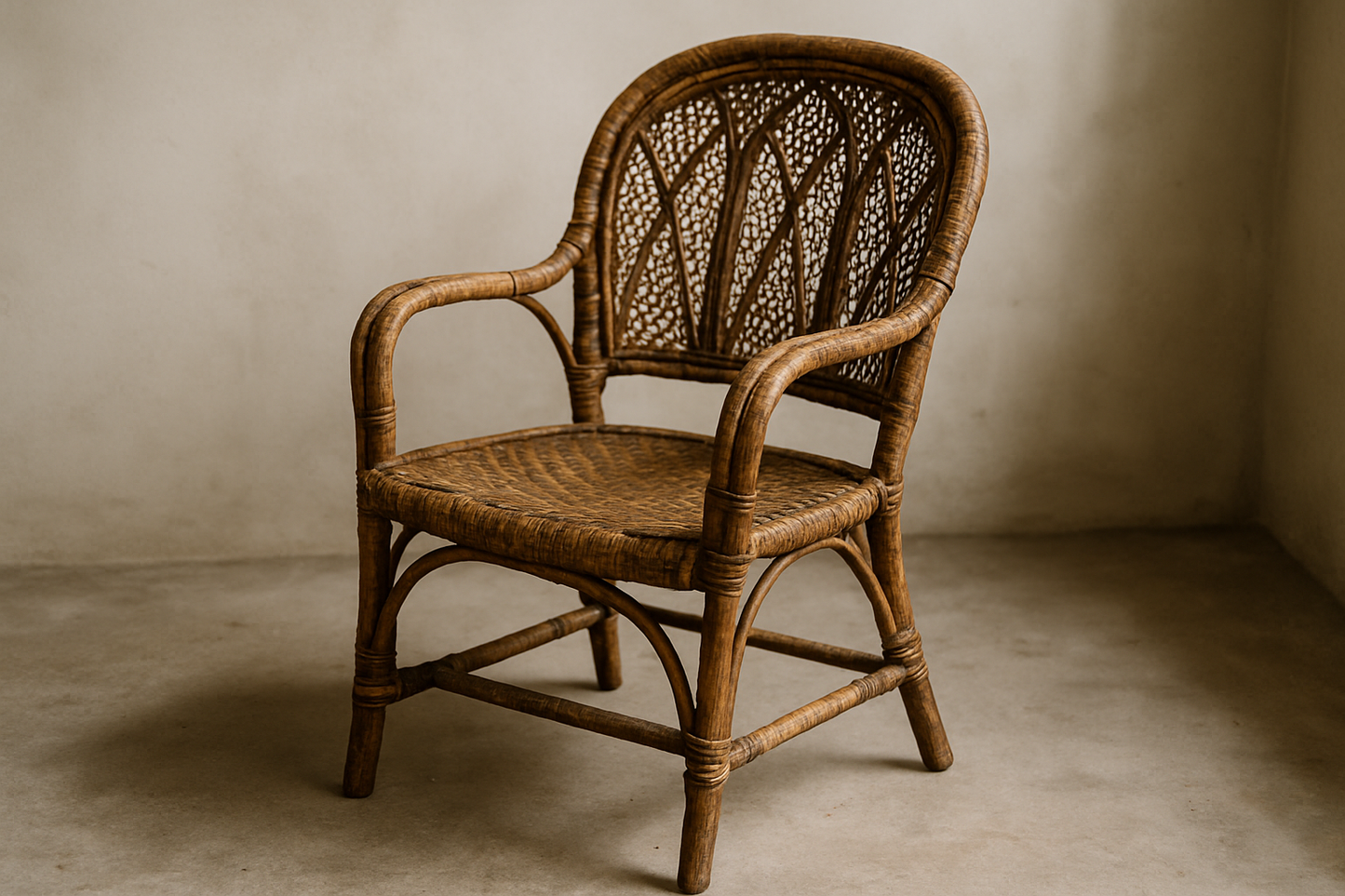
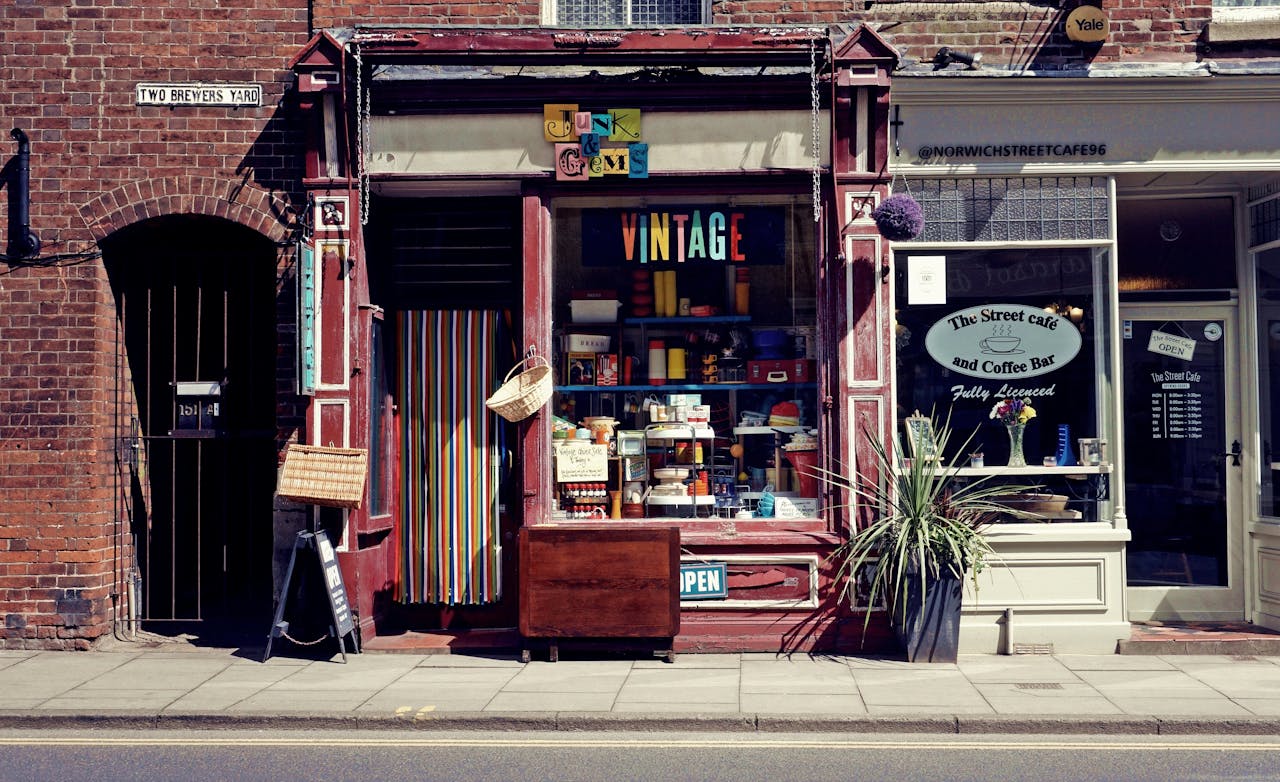
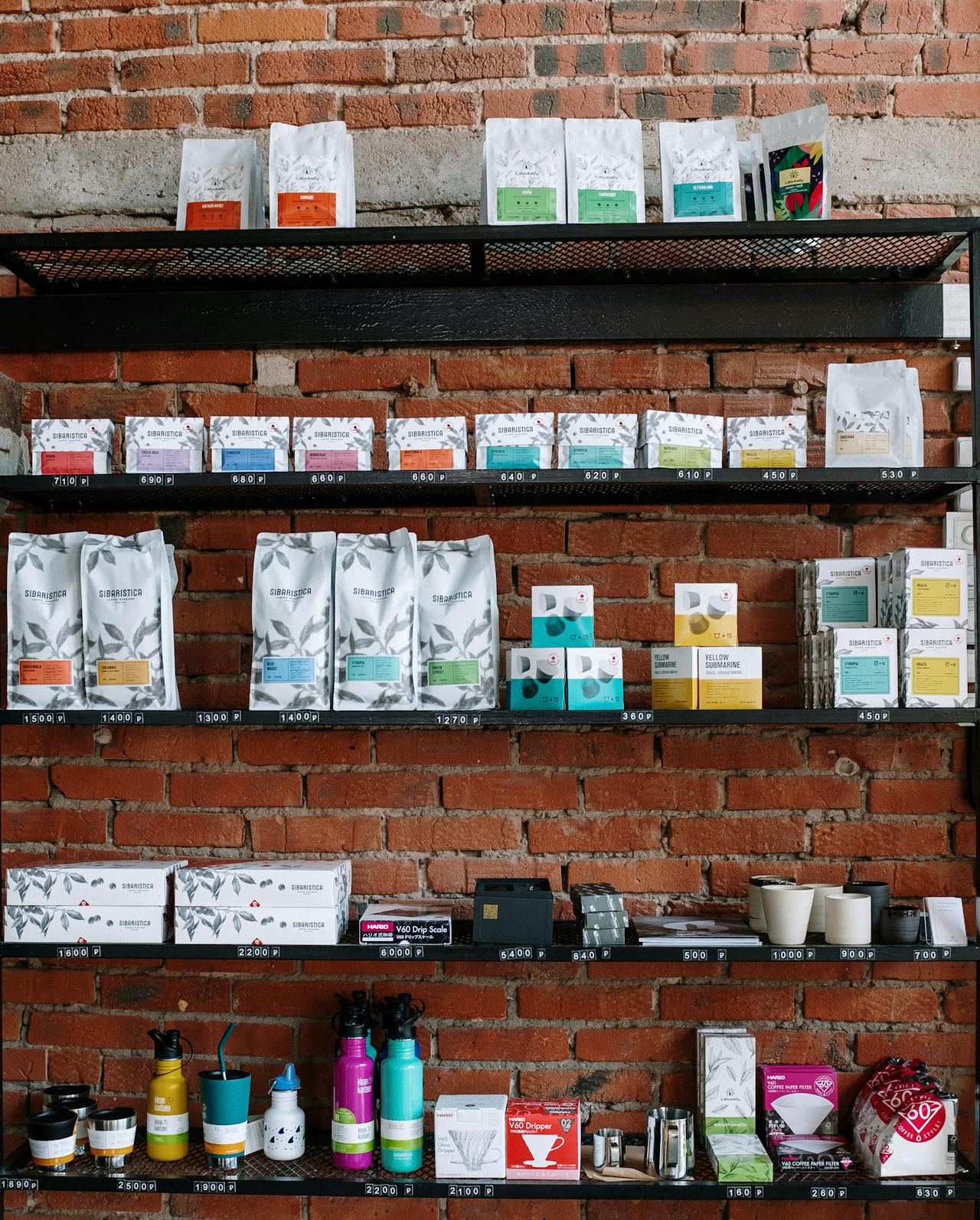






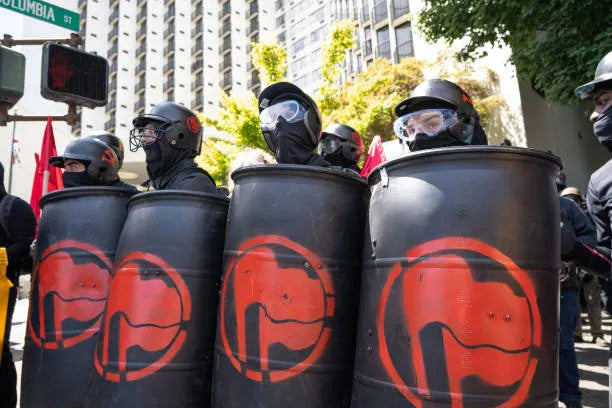
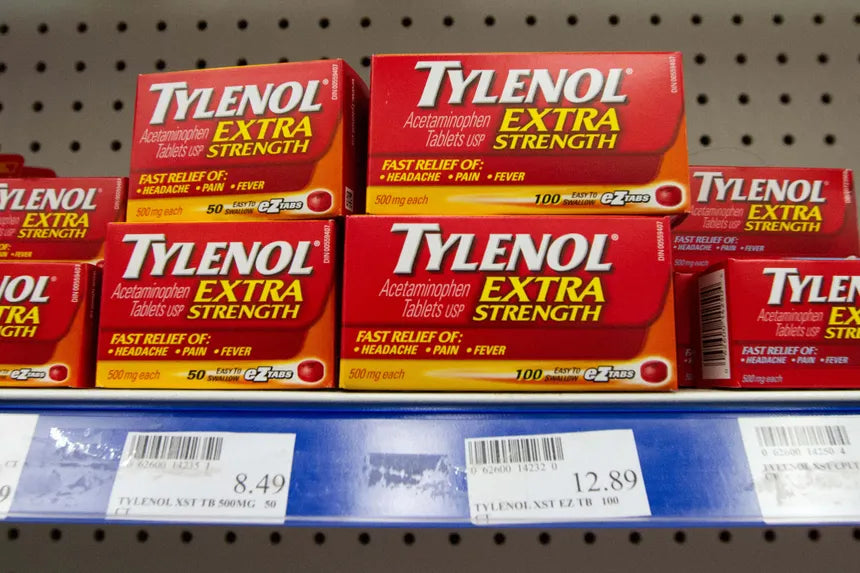

Leave a comment